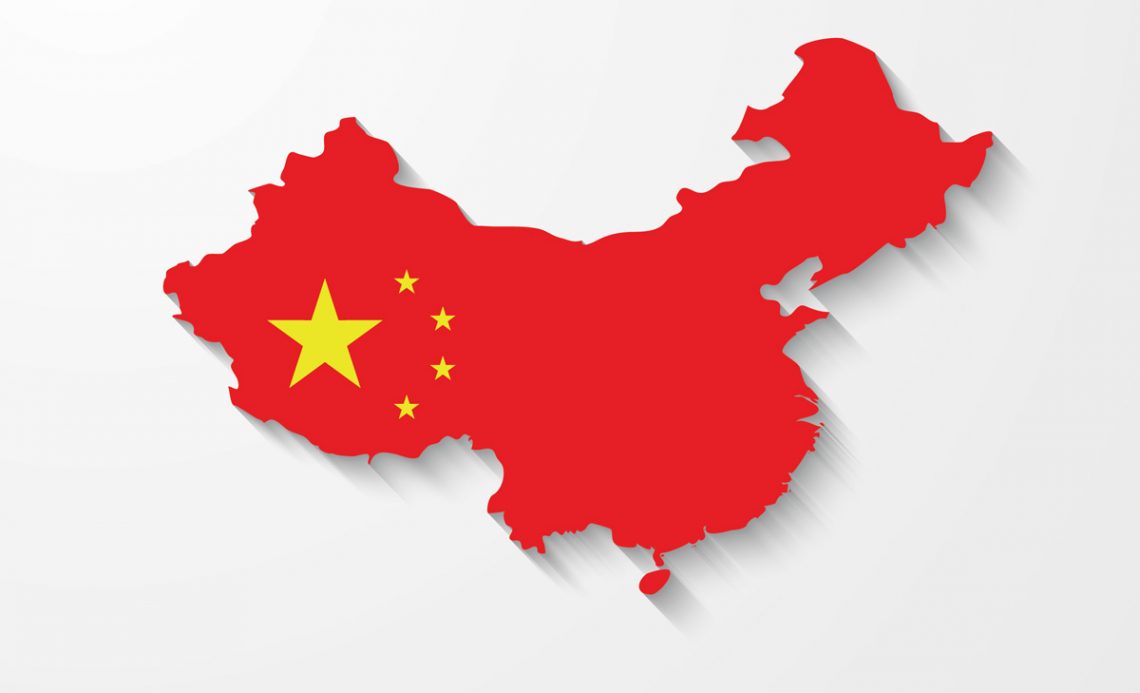Today, China feeds an estimated 22 percent of the world’s population from 9 percent of the world’s cultivated land.
As the second largest economy in the world, the People’s Republic of China has some impressive statistics. “China’s agriculture industry is growing fast,” says Youming Zhao, president of the Canada–China Agriculture and Food Development Exchange Centre. “In the next five to 10 years, there will be more big agri-business in China. In the coming years, the Chinese agriculture industry will be wide open to working with international countries in trade, research and training.”
But those looking to do business in China must also be aware of its challenges. The quality of land and water in China are the biggest constraints, says Edy Wong, director of the Centre for International Business Studies at the University of Alberta. China’s challenges lie with the deterioration in soil quality due to drought, overuse of chemical fertilizers and pesticides, and industrial pollution.
China Facts
9.1 percent GDP growth
No. 2 global corn producer
90 percent of its arable land is in use
“Water shortages simply add to these problems,” Wong says. “Therefore, improving the quality of farmland and maintaining available farmland against the encroachment of urban development are foremost in the health, viability and productivity of Chinese agriculture going forward.”
These challenges present opportunities in exports of better farming technologies, such as those that would reduce water consumption, improve soil quality and reduce the application of chemical products. “Organic fertilizers, soil remediation products and water conservation methods all fall into this category,” Wong says.
Another constraint is the restriction of land ownership, which limits China’s agricultural capacity. A large chunk of land is still owned by the government. Recent reforms have worked to boost productivity, but the lack of credit and the inability to own and mortgage land has kept farmers from turning small-scale farming into more industrialized farms.
“A form of land ownership does exist in China, but regulations and circumstances differ across China,” Wong says. “Farmers can transfer the use of the land and be compensated when the land is expropriated. What they cannot do is mortgage the land for investment capital that can be used to improve farming technology or be sold outright so that efficient farmers can increase the land base.”
Wong says this is particularly the case in central and southern China, but the size of “collective” farms in northern China are generally larger and do not suffer the same problem.
Scholars from Anbound, a large consulting firm for public policy in China, believe that fundamental farmland protection is critical. “China’s fundamental farmland system requires an urgent upgrade in order to address the institutional defects and rapid urbanization,” Anbound states in a report. “It is important to set up a specific area for grain production according to the natural conditions and industrial layout. The agricultural sector should be responsible for farmland macro-management and control.”
Persistence Pays
Most of the multinational ag companies have branches in China, but it remains a tough market.
Of Monsanto’s $13.5 billion worth of revenue in 2012, only 1 percent came from China. Monsanto GM cotton was approved for planting in China in the 1990s. It proved effective against pests, and more than 90 percent of Chinese cotton came from Monsanto seeds. However, in 1999, domestically-developed GM cotton went into industrial cultivation because it presented both price and policy advantages compared to Monsanto’s seeds. Domestic insect-resistant cotton now accounts for more than 90 percent of China’s GM cotton market.
Monsanto now runs a large-scale corn seed cross-breeding program in China, which it says might be expanded. In 2001, Monsanto and the China National Seed Group Corp. founded a joint venture company, the China Seed Dekalb Co. Ltd., which began selling Dekalb brand hybrid corn and sunflower seeds.
“We have a long relationship with China National Seed,” says Hugh Grant, chairman and CEO of Monsanto in an interview for Caixin.com, a Chinese source for financial and business news. “Through that collaboration we’ve focused on traditional breeding, mainly in corn. We see many opportunities to increase corn yields in China. That’s been a big part of the conversation.”
Grant says the company has eight breeding stations in China. “China has some of the widest maturity zones or climatic variations in the world, from tropical to short season. So to do this properly, you need to breed varieties of corn for each one of those climatic zones. In the future, there is opportunity to significantly increase yields, by adapting and breeding varieties to those specific climatic zones.”
Future Focused
According to Grant, all the focus has been on biotechnology, but the untold story is modern breeding systems. “China’s yields today are a bit less than 6 tons per hectare, and the United States is closer to 11 tons per hectare. There’s no reason why China’s yields can’t match those in the United States,”
Grant says.
He adds that Monsanto’s focus in China in the coming years will stay on soybeans, corn, cotton and vegetable varieties.
The agriculture sector in China will clearly change and become more efficient and productive in the next decade, Wong says. “It is the ability to adjust our products and adapt to the business processes in China that will be a major challenge for exporters to overcome.”
“China has some of the widest maturity zones or climatic variations in the world, from tropical to short season. You need to breed varieties of corn for each one of those climatic zones.”
— Hugh Grant
Set Your Business Up for Success
China is expected to surpass the U.S. as the world’s most dominant business travel market in 2016, according to Joe Bates, vice president of research for the Global Business Travel Association. However, anyone who’s done business in China will tell you it’s not an easy task. Minding proper etiquette can be the difference between scoring the deal and kissing your key contact good bye. Experts share these tips to help you succeed at doing business in China.
Don’t underestimate the importance of existing connections. “You need to be dealing with a Chinese person of influence,” says Mia Doucet, author of “China in Motion.” “If that person feels you are trustworthy enough, and if they can get their network of contacts to trust you, there is a chance you will succeed.” Asians want to do business with people they trust; however, Doucet says there is no real trust unless a person is in their circle. She recommends showing respect by keeping some distance at first. “Focus on building the relationship before talking business,” she says. “Do not go for big profit on your first contract.”
Patience is key when meeting with Chinese businesspeople, says etiquette expert Syndi Seid, a graduate of The Protocol School of Washington. Seid says don’t expect any decisions to be made during the first meeting. Doucet adds that to speed up the decision process, slow down. “Start from the beginning and work through to a solution in a logical, step-by-step fashion,” Doucet explains. “Stand your ground, but never pressure your Asian colleagues for a decision.”
Respect face. “Never argue or voice a difference of opinion with anyone — even a member of your own team,” Doucet says. “Never make the other person wrong. Never say ‘no’ directly, as that is considered rude and arrogant.”
Doucet also says that most Asians understand less spoken English than we think they do. “The easiest thing in the world is for a Chinese person to say yes,” she explains. “Their smiles and nods have more to do with saving face than getting your meaning. Talk in short sentences. Listen more than you speak. Pause between sentences.” She recommends finding four or five easy ways to say the same thing and avoiding humor and slang.
Finally, prepare for every interaction. “Do not count on your ability to wing it,” Doucet says. “A lack of preparedness can cause loss of face and trust. Do not give or expect to receive partial answers from your Chinese colleagues, as that is considered offensive.”












